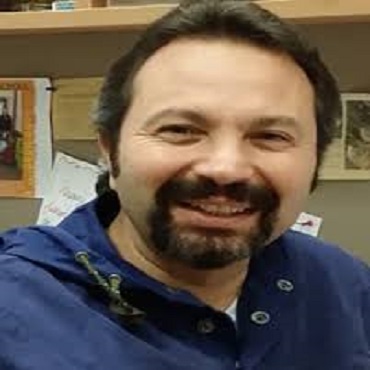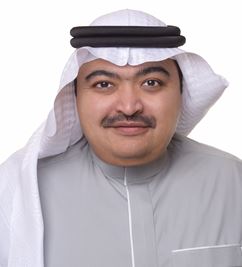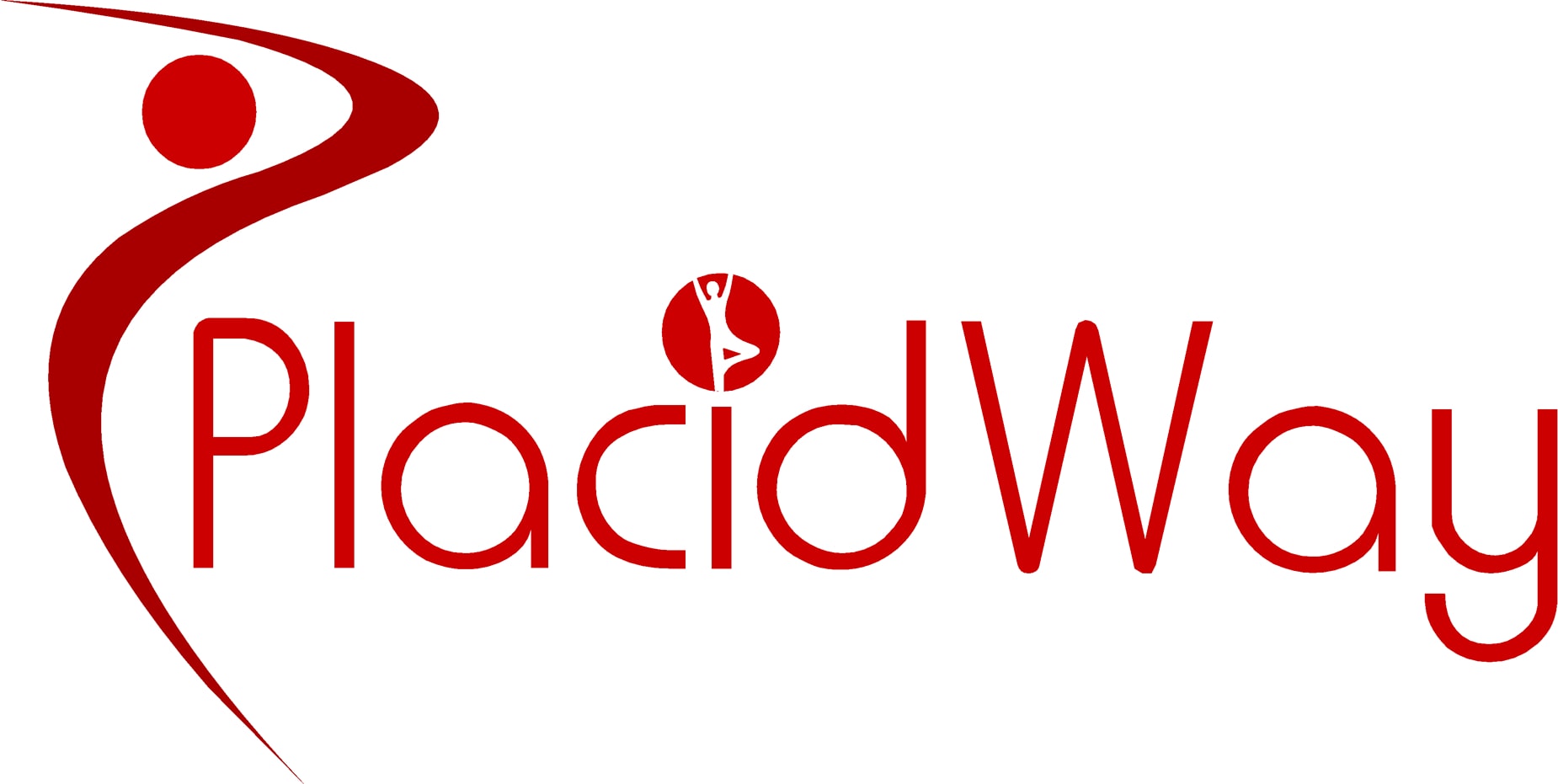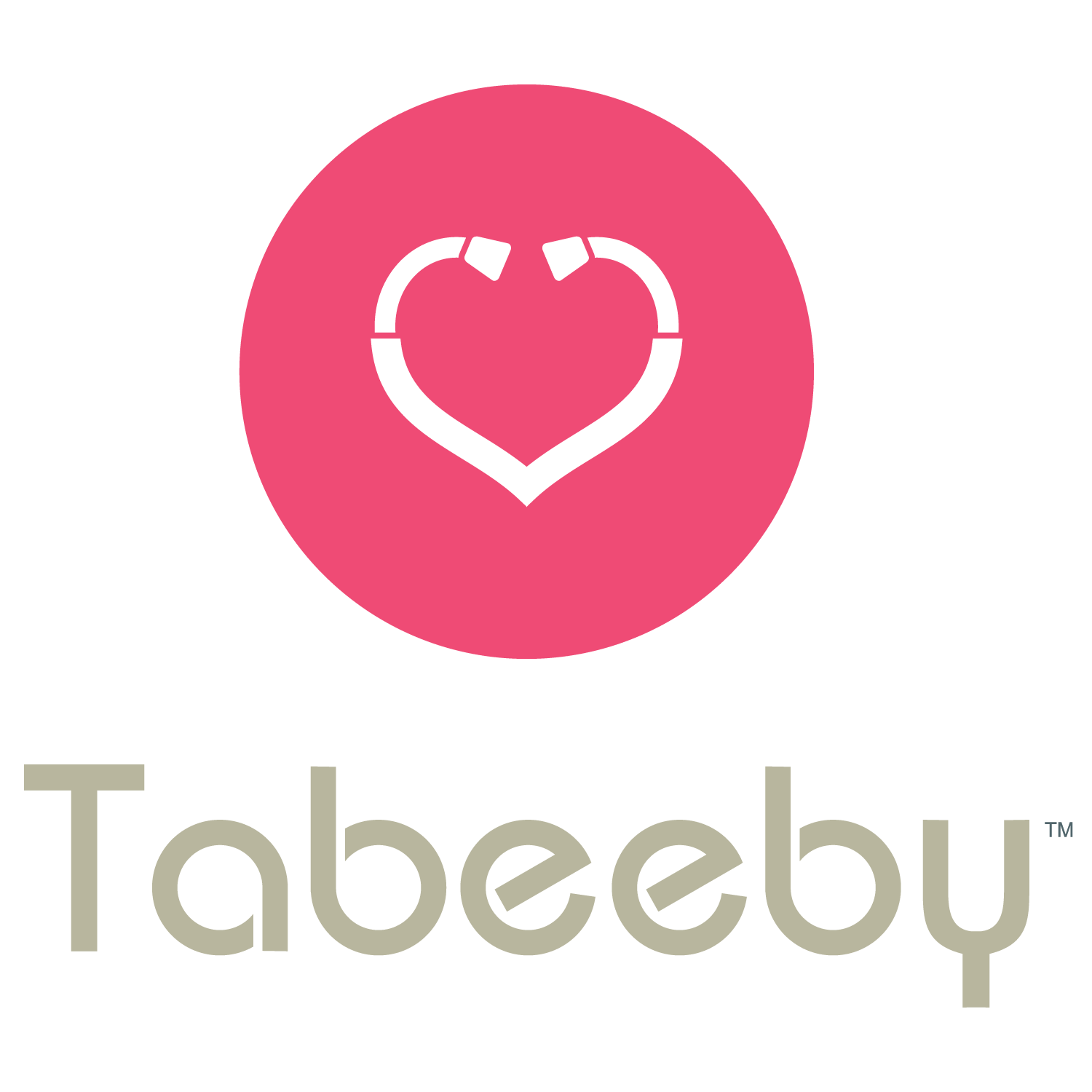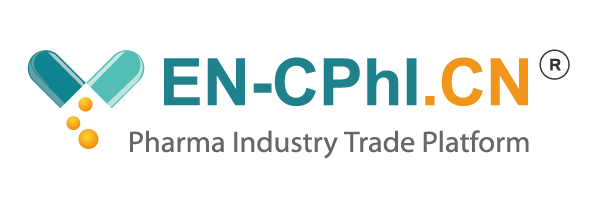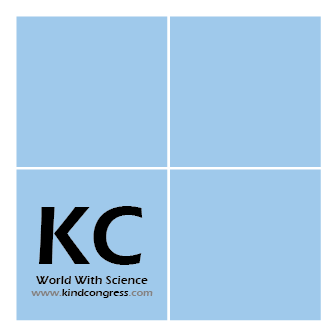
Genome Editing 2018

Theme: Renaissance of Genetic Editing and Engineering.
Meetings International welcome you to the “International Genome Editing and Engineering Conference’’ in Chicago, USA (November 12-13, 2018). This conference gathers renowned scientists, young researchers, industrial professionals and Scholars in the field of Genetics under a single roof where networking and global partnering happens for the acceleration of future research. The conference offers a chance to share their experience and research results on all aspects of Application of Genomics, Bioengineering and Genomic Science. It aims to provide a premier disciplinary Platform for Researchers and Educators to get involve in the discussion on recent innovations, concepts, challenges, applications, practical challenges and solutions in the field of Genomics.
Genome editing is a way of making specific changes to the DNA of a cell or organism by implementing an enzyme that helps to cut the DNA at a specific sequence then it get repaired by the cell which give rise to a change or edit to the sequence.The growth and development in the field of genome sequencing technologies and the resulting immense database generated, requires that scientists and medical professionals learn more about this powerful tool and implement the same in the field of development (Medical applications, Agriculture etc.). Genomic technologies have bolstered the power of personalized medicine and are facilitating drug discovery. The conference mainly encourage to share knowledge, new innovations and new technologies between scientists and medical professionals .The Genomic Editing and Engineering Conference aims to provide opportunities and resources to greatly increase working knowledge and help biomedical scientists to stay current on the latest research advances. The conference provides maximum sharing of ideas and provides information and new technologies to bring a new Era to the history of Genome Editing.
Session 1: CRISPR/CAS Revolution in Genome Editing
Recently, a new tool based on a bacterial CRISPR-associated protein-9 nuclease (Cas9) from Streptococcus pyogenes has generated considerable excitement in the field of Genome editing. The development of efficient and reliable ways to make precise, targeted changes to the genome of living cells is a long-standing goal for biomedical researchers.
Genetics Conference on CRISPR | CAS Revolution Congress | Genetics CAS workshop | DNA CRISPR Editing Congress | CRISPR Engineering Symposium| CAS Revolution Workshop | Genome in CAS Congress
Related Associations:
Primary Care Genetics Society, International Society for Forensic Society, Association of Genetic Nurses and Counselors , The Society for Molecular Biology & Evolution,German Genetics Society,Care Genetics Society, Genetics society of America.
Session 2: Genome Editing in Plants, Mammals and Genome Reprogramming
Targeted genome editing using artificial nucleases has the potential to accelerate basic researches as well as plant breeding by providing the means to modify genomes rapidly in a precise and predictable manner. Here we describe the clustered regularly interspaced short palindromic repeat (CRISPR)/CRISPR-associated protein 9 (Cas9) system, a recently developed tool for the introduction of site-specific double-stranded DNA breaks.
Related Associations:
ASGCT - American Society of Gene & Cell Therapy, The International Behavioral and Neural Genetics Society, The UCLA Institute for Society and Genetics, Genetics Society – kclsu, , National Society of Genetic Counselors, The Society for Molecular Biology & Evolution,
CRISPR/Cas system is an adaptive immune system that provides immunity to exogenous virus or plasmids in bacteria and archaea. The booming CRISPR/Cas9 genome editing technology which is being modified from type2 crispr/Cas has been applied to research field in a wide scale.
Molecular Genetics Congress | Molecular Genome Conference | molecular and Genome Editing Workshop | CRISPR in Medicine Congress | Structural Development in CRISPR Symposium |
Related Associations:
Primary Care Genetics Society, International Society for Forensic Society, Association of Genetic Nurses and Counselors , The Society for Molecular Biology & Evolution,German Genetics Society,Care Genetics Society, Genetics society of America. German Genetics Society,Genetics Society of Canada.
Session 4: Ethical control over Genome Editing
Most of the ethical discussions related to genome editing centre around human germline editing. Bioethicists and researchers generally believe that human genome editing for reproductive purposes, should not be attempted at this time, but that studies that would make gene therapy safe and effective should continue.
Genome Ethical Control Symposium | Genetics and Gene Editing Congress | Genomics for Ethical control Conference | Genetics and Genome Editing Committee | Ethical Use Over Genomics Congress |
Related Associations:
The International Behavioral and Neural Genetics Society, The Society for Molecular Biology & Evolution, International Society of Genetic Genealogy, National Society of Genetic Counselors
With the recent development of CRISPR (clustered regularly interspaced short palindromic repeats)/Cas9 genome editing technology, the possibility to genetically manipulate the human germline (gametes and embryos) has become a distinct technical possibility. Although many technical challenges still need to be overcome in order to achieve adequate efficiency and precision of the technology in human embryos, the path leading to genome editing has never been simpler, more affordable, and widespread. Scientists are more efficient and precise in the field of Human gene Editing. It can be used for better health and a disease free physic.National Academy of Sciences and National Academy of Medicine released a study report stating the human gene-editing technologies, their potential applications in biomedical research and medicine, and the clinical, ethical, legal, and social implications of their use. Due to the fear of loosing the mother gene the Government has put a ban to the further application of the Genome editing in the case of Human .
Human Gene Editing Conference | Symposium on Gene Editing of Human Beings | Cas9 Symposium |Genetics and Human Chromosome Congress | Human Gene Engineering Conference |
Related Associations:
European Society Of Human Genetics ,American Society of Human Genetics, German Genetics Society,International Society of Genetic Genealogy, ASGCT - American Society of Gene & Cell Therapy, International Society of Genetic Genealogy.
Session 6: Multiplex Automated Genomic Engineering.(MAGE)
Multiplex Automated Genome engineering is a recombination tool for large scale programming and accelerated evolution of cells. Multiplex Automated Genome Engineering was introduced by George Church. Researchers and Scientists would edit one gene at a time, examine the phenotype changes, and start the whole process again . So this was time taking as well as cost effective. MAGE is fast and efficient, cheap, and highly scalable to use . It also allows researchers to edit specific or random sites in the genome and it also operates continuously in vivo. MAGE’s main limitation on the other hand lies on its portability. It has been exclusively used in E. coli so far.
Genetics Conference on MAGE | Genome Symposium for MAGE | MAGE Workshop | DNA Editing and MAGE Congress | MAGE and Genome Engineering Conference |
Related Associations:
National Society of Genetic Counselors, Genetics Society of Canada, The Society for Molecular Biology & Evolution
Session 7: Gene knock in and genomic screening using TALEN and CRISPR
About two years later after the discovery of the chimeric TALEN proteins, another genome editing system, CRISPR, elements of which are non-coding RNAs and Cas proteins (CR ISPR associated), was developed and started to be extensively used. In contrast to the chimeric TALEN proteins, recognition by the CRISPR/ Cas system is carried out via the complementary interaction between a non-coding RNA and the target site DNA. In this case, a complex of non-coding RNA and Cas proteins, which have nuclease activity, is formed.
Genetics Gene Knock Conference | Genome Symposium On Gene Knock | Gene Engineering and Gene Knock Workshop | Genetics and TALEN Symposium| TALEN And CRISPR Congress|
Related Associations:
The International Behavioral and Neural Genetics Society, The Society for Molecular Biology & Evolution, International Society of Genetic Genealogy, National Society of Genetic Counselors,The International Behavioral and Neural Genetics Society
Session 8: RNAi based Screening Technology
RNA interface (RNAi) is an ancient intra-cellular mechanism.RNAi is responsible for regulating the gene expression and the cell functions. In the systematic study of gene function of mammalian cells, large scale gene silencing using RNAi high-throughput screening(HTS) is useful. This is helpful in identifying the gene functions in a proper biological contex and hence providing a considerable insight.
Screening RNAi Congress | Symposium on Screening RNAi | RNAi based Screening Conference | RNAi mechanism Symposium | RNA interface Workshop |Genetics and RNAi symposium | Genetics using RNAi Conference | RNAi based Screening Symposium |
Related Associations:
European Society Of Human Genetics, Genetics Society – kclsu, Texas Genetics Society, American Public Health Association, European Society Of Human Genetics, The Genetics Society of Japan, American Public Health Association, Primary: PCGS, Indian Society of Human Genetics, International Society of Genetic Genealogy,
Session 9: Identification of Noval Target and Drug Combination using CRISPR Screens in Cancer
Identifying effective combination therapies is too critical to obtain the address the emergency drugs that can resist cancer. Whereas direct screening of the all possible drug combinations are infeasible. By introducing a CRISPR-based double knot-CDKO system which is capable in improving the efficiency of combinational genetic screening using an effective strategy for cloning and sequencing paired single guide RNA library and a rebust static scoring method for calculating genetic interactions (GI) from CRISRP. Progress in the development in the targeted cancer therapies evolution of resistance is common. In order to encounter the combination therapy is rapidly becoming standard of care in a range of cancer where single agents are ineffective.Repurposing existing drugs in combinations could provide new therapeutic possibilities which is capable in reducing the time as well as the cost for development.
Genetics Symposium on Noval Tagret| Gene Workshop on Noval Target and Drug Combination | Genome Congress for Drug and Noval Target Combination |Noval Target and Drug Combination Symposium | CRISPR screening Conference | Workshop on Gene Engineering | Gene Modification Symposium |
Related Associations:
German Genetics Society, International Society for Forensic Society, International Society of Nurses in Genetics, Preimplantation Genetic Diagnosis International Society, International Mammalian Genome Society, The American Society of Hematology, American College of Medical Genetics and Genomics (ACMG), Preimplantation Genetic Diagnosis International Society
Session 10: Application of NgAgo
NgAgo was proposed in May 2016 to be useful for genome editing because of the system’s high accuracy and efficiency, which was said to minimize off-target effects. The specificity of the “g DNA” is essential, as cleavage efficiency is impaired by a single nucleotide mismatch between the guide and target molecules. Using 5’ phosphorylated ssDNAs as guide molecules reduces the possibility of cellular oligonucleotides misleading NgAgo. A guide molecule can only be attached to NgAgo during the expression of the protein. Once the guide is loaded, NgAgo cannot swap free floating ssDNA for its gDNA.
Genetics Conference | Conference on NgAgo | Genome conference | Genetics workshop | DNA Editing | Genetic Engineering | Genome Engineering | Genetic Speakers | Genetics Research
Related Associations:
Application of NgAgo Congress | NgAgo Conference | Annual NgAgo Symposium | Workshop on NgAgo Application | NgAgo Genome Engineering Conference | NgAgo for Genetic Editing Symposium|
Session 11: Gene Therapy With Aav
These viruses can insert genetic material at a specific site on chromosome 19 with an average of 100% certainty. Adeno-associated viruses, from the parvovirus family, are small viruses with a genome of single stranded DNA. There are a few disadvantages to using AAV, including the small amount of DNA it can carry (low capacity) and the difficulty in producing it. In contrast to adenoviruses, most people treated with AAV will not build an immune response to remove the virus and the cells that have been successfully treated with it. This type of virus is being used, however, because it is non-pathogenic (most people carry this harmless virus).
Genetics Therapy with Aav Congress | Genome Engineering With Aav Conference | Annual Aav Therapy Workshop | Gene Therapy Using Aav Symposium |Single Stranded DNA manifest Conference | DNA and Gene Engineering Congress|
Related Associations:
ASGCT - American Society of Gene & Cell Therapy, The World Medical Association, National Society of Genetic Counselors, The Society for Molecular Biology & Evolution, International Society for Computational Biology: ISCB, American Public Health Association, Genetics Society – kclsu, Genetics Society of Canada.
Session 12: Next generation sequencing
NGS technology has the ability to generate large amounts of sequenced data in a very short interval of time, for which it is rapidly becoming an integral part in genetic research and discovery. Due to which its application in the field of clinical, research and applied markets is growing in an accelerated mode.
Genetics Conference on NGS | NGS Congress | Genetics NGS workshop | DNA Editing and NGS Symposium | Genetic Engineering for NGS Congress | Genome Engineering and NGS technology Conference |
Related Associations:
European Society Of Human Genetics, , Genetics Society – kclsu, Texas Genetics Society, American Public Health Association, European Society Of Human Genetics,
Session 13: Genome Editing and Engineering in the field of Agriculture
Genome editing in crops give rise to a better result such that the plant can be moulded to the required aspects. Regeneration of the characteristics in the crops as per our need can bring a revolution in the financial status of the country by truly designed crops from the ground level.
Gene Editing in Plants Symposium | Annual conference on Plant Gene Editing | Genetic Engineering in Agriculture | Genome Engineering Symposium | Gene Culture Conference|Gene Editing in Plants Congress | Genetics in Plants Workshop | Annual Agricultural Genetics Symposium |
Related Associations:
The International Behavioral and Neural Genetics Society, The Society for Molecular Biology & Evolution, International Society of Genetic Genealogy, National Society of Genetic Counselors,The International Behavioral and Neural Genetics Society
Session 14: Genome Editing-The Future of Drug
Application of Gene Engineering in the field of Medicine is raising day by day though it has an important role. Many Countries have established many research units for discovery of the drugs which are more efficient and more reliable to cure Diseases.
Genetics in Drug Conference | Genome editing in Medicine conference | Genetics in Pharmacy workshop |Pharmaceuticular Gene Editing Conference | Drug Development Symposium |Drug and Genetics Congress | Genetics in Medicine Conference |Drug for Life Confress |
Related Associations:
British Society of Genetic Medicine, The Society for Molecular Biology & Evolution, Association for Clinical Genetic Science,Primary Care Genetics Society: PCGS, The American Society of Hematology,American Society of Gene & Cell Therapy
Session 15:Genetic Counselling
It is a correspondence procedure, which means to encourage people, couples and families comprehend and adjust to the therapeutic, mental, familial and regenerative ramifications of the hereditary commitment to particular wellbeing conditions. Understanding family and restorative narratives to evaluate the possibility of infection event or repeat. Instruction about the regular history of the condition, legacy design, testing, administration, aversion, bolster assets and research. Advising to advance educated decisions in perspective of hazard appraisal, family objectives, moral and religious qualities. Support to empower the most ideal change in accordance with the confusion in an influenced relative or potentially to the danger of repeat of that turmoil.
|Genetic Counselling| Genetic Society | Genetic Symposium Counselling |Genetic Counselling Workshop | Genome Workshop | Genome Engineering & Genetic Counselling |
Related Associations:
Genetic Organization for Genome Counselling, Genetic Congress, Europe Conference Society, Genome Editing Congress, Genetic Counselling Organization.
Genome Editing is in High Demaand:
Genome editing can also be termed as “Genome engineering”,”Gene editing”, or “Gene engineering”. This technique includes various technologies, using which scientists can alter the DNA of an organism or cells. These techniques include inserting, removing, replacing or modifying specific fragments of DNA by which rewrite of DNA is possible. It enables scientists to examine the changes that occur during the process. This process was too expensive and difficult until now. However after the arrival of CRISPR/Cas9 techniques the process of Genome editing became familiar to Scientists and researchers. The applications of Genome editing cannot be limited due to its enormous growth in the field of drug, modified animals, agriculture etc.
Global Genome Editing & Engineering Market:
The Global Genome Editing/Gnome Engineering Market is projected to reach USD 6.28 Billion by 2022 from USD 3.19 Billion in 2017, at a CAGR of 14.5%. The key factors propelling the growth of this market are rising government funding and growth in the number of genomics projects, high prevalence of infectious diseases and cancer, technological advancements, increasing production of genetically modified crops, and growing application areas of genomics. Some of the major players in the market are Thermo Fisher Scientific (US), Merck (Germany), Horizon Discovery Group (UK), GenScript (US), Sangamo BioSciences (US), Integrated DNA Technologies (US), Lonza Group (Switzerland), New England Biolabs (US), OriGene Technologies (US), Transposagen Biopharmaceuticals (US), Editas Medicine (US), and CRISPR Therapeutics (Switzerland). Approximately, 1291100 members involved in Genetics and related researches.
Genome Editing & Engineering in USA:
The USA Genetics market is poised to reach USD 19.99 Billion by 2020, growing at a CAGR of 9.9% during the forecast period of 2015 to 2020. Approximately, more than 24285 members involved in Genetics and related researches. North America dominated the market in terms of revenue share, due to the higher adoption of advanced technique in the research institutes based in the United States. Additionally, genetic diseases, like cystic fibrosis, occur at a frequency of 1 in 2,500 birth in the United States. Approximately, more than 24285 members involved in Genetics and related researches.
Genome Editing & Engineering in Europe:
The Europe genetic testing market is estimated at USD 1.22 billion in 2016, and is projected to reach USD 1.8 billion by 2021, growing with a compound annual growth rate (CAGR) of 8.2% during the forecast period, 2016-2021. Approximately, more than 56083 members involved in Genetics and related researches.Europe region was dominated by Germany, France and the U.K. which is estimated to reach USD 2.5 billion by the end of forecast period of 2023. The orphan drug classification coupled with the presence of large players and high per capita income of the European nations propel the Europe genetic testing market.To raise awareness across Europe of the scientific opportunities of the new genome editing techniques, and public interest issues, to evaluate what is now needed to realise those opportunities and address those issues, and to consider who should make decisions on governance .
Genome Editing & Engineering in Middle East:
The global Human Genetics identification market was valued at an estimated $419.4 million in 2013 and is expected to grow at a CAGR of 13.9% in the next five years. As the genomics era dawns, scientists have identified a wide range of minor variations in the human genome that are associated with susceptibility to certain diseases or conditions. The variations may not cause the conditions, but are inherited along with them and serve as reliable markers. However, since Middle Eastern diversity is poorly captured in existing genomic data, these markers become unreliable in the region.
Genome Editing & Engineering in Asia:
Yet as Asia develops, many countries in the region are gaining the skills and capital to play a growing role in the ongoing genomics revolution. Some of them are now competing aggressively to launch genomic research institutes and companies. They could eventually challenge Western leadership in the field.Asia-Pacific (APAC) region is expected to deliver the fastest growth at a CAGR of 10.1 % during the forecast period. Middle East and Africa (ME&A) is likely generate moderate growth skewed in favour opf the Gulf economies of Saudi Arabia, UAE and others. Poor economy, limited healthcare and political instability hamper the Africa genetic testing market.These countries want to be part of an unfolding revolution in healthcare. Recent advances in genomics are delivering amazing new understandings of the code of life, including how it interacts with our environments to make us who we are. This allows us to screen for previously hidden disease risks and develop personalized treatments that can help us live longer, healthier lives (something known in the healthcare world as “precision medicine”). It also allows us to manipulate our environments to make the world a safer and more comfortable place.By getting involved in the genomics revolution, Asian countries hope to unlock economic opportunities in this fast-growing field. Many also want to make sure that the unique genetic attributes of Asian peoples are better understood. Since most genomic research until now was led by Western researchers, many insights from the field are more applicable to people of Western heritage than other backgrounds. This is particularly true in highly consanguineous Asian populations, such as those in the Gulf region, where genetic diseases are common.
Top Universities in USA:
- Havard University
- University Of California,Bereley
- Massachusetts Institute Of Technology
- University Of Cambridge
- Stanford University
- Duke University
- University Of Pennsylvania
- John Hopkins
- New Mexico State University
- Case Western Reserve University
Top Universities World Wide:
- Belgian Medical Genomics Initiative
- Institute Of Molecular Genetics Of The ASCR,V.V.I
- Institute Of Inherited Metabolic Disorders
- Charles University In Prague
- University Of Southern Denmark
- Sfi – The Danish National Centre For Social Research
- The Scripps Reasearch Institute
- Fimm Hilife Unit
- University Of Montpellier
- Claude Bernard University Lyon 1
- University Of Lubeck
- University Of Duisburg-essen
- Heinrich Heine University of Dusseldorf
- Eötvös Loránd University
- Maastricht University
Associations & Societies:
- South African Stem Cell Transplantation Society
- Human Variome Project
- International Federation of Human Genetics Societies
- Canadian Association of Genetic Counsellors
- National Society of Genetic Counsellors
- College of Medical Geneticists
- American College of Medical Genetics and Genomics.American Society of Human Genetics
- Genetics Society, Human Genetics Commission
- The United Kingdom Genetical Society
- Austrian Society for Human Genetics, Belgian Society for Human Genetics
- Japan Society of Human Genetics
References:
https://www.marketsandmarkets.com/search.asp?Search=genome+editing&x=43&y=19
https://www.mordorintelligence.com/industry-reports/genome-editing-market
https://www.natureasia.com/en/nmiddleeast/article/10.1038/nmiddleeast.2016.193
https://thediplomat.com/2017/05/asias-coming-genomics-revolution/
http://www.snjtoday.com/story/37811831/international-genetic-testing-market-2018-size-share-statistics-growth-analysis-and-industry-facts-at-a-cagr-of-98-forecast-to-2023
Conclusion:
International Genome Editing & Engineering Conference seeks to bring all Scientists, Researchers, Research scholar, Deans of Colleges and People related to the field of Genetics providing them a platform to discuss about their innovation, exchange ideas and interact with each other. This conference aims to bring a new Era to Genome Editing and Engineering.
- CRISPR/CAS Revolution in Genome Editing
- Genome Editing in Plants, Mammals and Genome Reprogramming
- Molecular mechanism of CRISPR and structure based development of Genome Editing tool in the field of medicine
- Ethical control over Genome Editing
- Human Genome Engineering-Chromosomal engineering with CRISPR/Cas9 system in human iPS cells-Scope and Aspects
- Multiplex Automated Genomic Engineering(MAGE)
- Gene knock in and genomic screening using TALEN and CRISPR
- RNAi based Screening Technology
- Identification of Noval Target and Drug Combination using CRISPR Screens in Cancer
- Application of NgAgo
- Gene Therapy With Aav
- Next generation sequencing
- Scope Of Genome Editing and Engineering in the field of Agriculture
- Genome Editing-The Future of Drug
- Journal of Genetic Disorders & Genetic Reports
- Journal of Clinical Genomics
- Journal of Genetics and Gene Therapy
4 Organizing Committee Members
1 Renowned Speakers
Dr.Neda Bogari
Associate Professor of Medical Genetics
Department of Medical Genetics
Faculty of Medicine, Umm AlQura University UQU
Saudi Arabia



